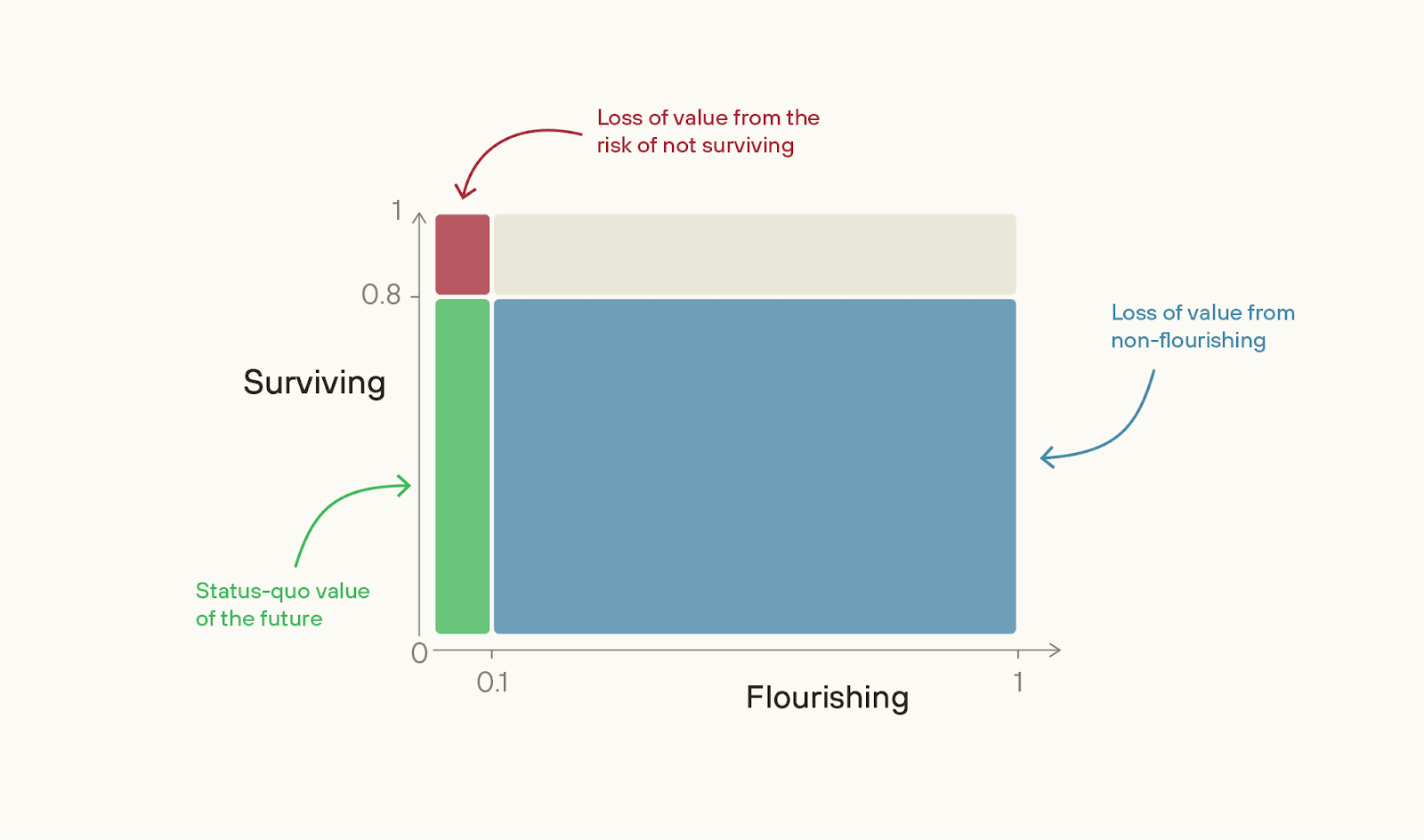A Critique of Functional Decision Theory
A Critique of Functional Decision Theory NB: My writing this note was prompted by Carl Shulman, who suggested we could try a low-time-commitment way of attempting to understanding the disagreement between some folks in the rationality community and academic decision theorists (including myself, though I’m not much of a decision theorist). Apologies that it’s sloppier than I’d usually aim for in a philosophy paper, and lacking in appropriate references. And, even though the paper is pretty negative about FDT, I want to emphasise that my writing this should be taken as a sign of respect for those involved in developing FDT. I’ll also caveat I’m unlikely to have time to engage in the comments; I thought it was better to get this out there all the same rather than delay publication further. 1. Introduction There’s a long-running issue where many in the rationality community take functional decision theory (and its variants) very seriously, but the academic decision theory community does not. But there’s been little public discussion of FDT from academic decision theorists (one exception is here); this note attempts to partly address this gap. So that there’s a clear object of discussion, I’m going to focus on Yudkowsky and Soares’ ‘Functional Decision Theory’ (which I’ll refer to as Y&S), though I also read a revised version of Soares and Levinstein’s Cheating Death in Damascus. This note is structured as follows. Section II describes causal decision theory (CDT), evidential decision theory (EDT) and functional decision theory (FDT). Sections III-VI describe problems for FDT: (i) that it sometimes makes bizarre recommendations, recommending an option that is certainly lower-utility than another option; (ii) that it fails to one-box in most instances of Newcomb’s problem, even though the correctness of one-boxing is supposed to be one of the guiding motivations for the theory; (iii) that it results in implausible discontinuities, where what is rational to do can

